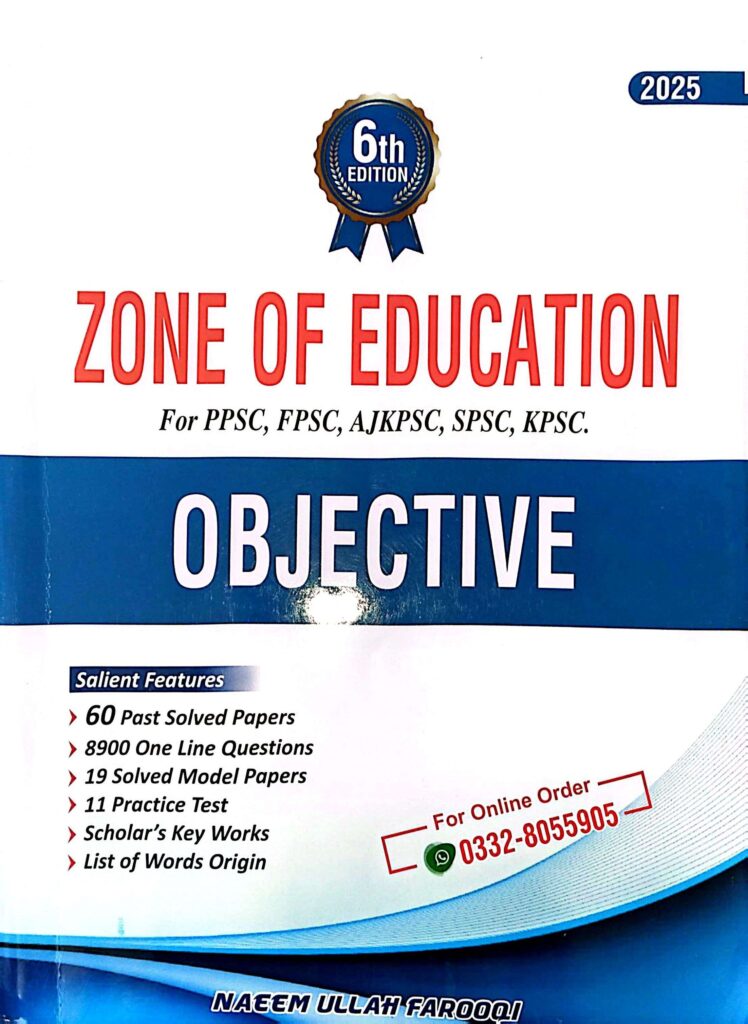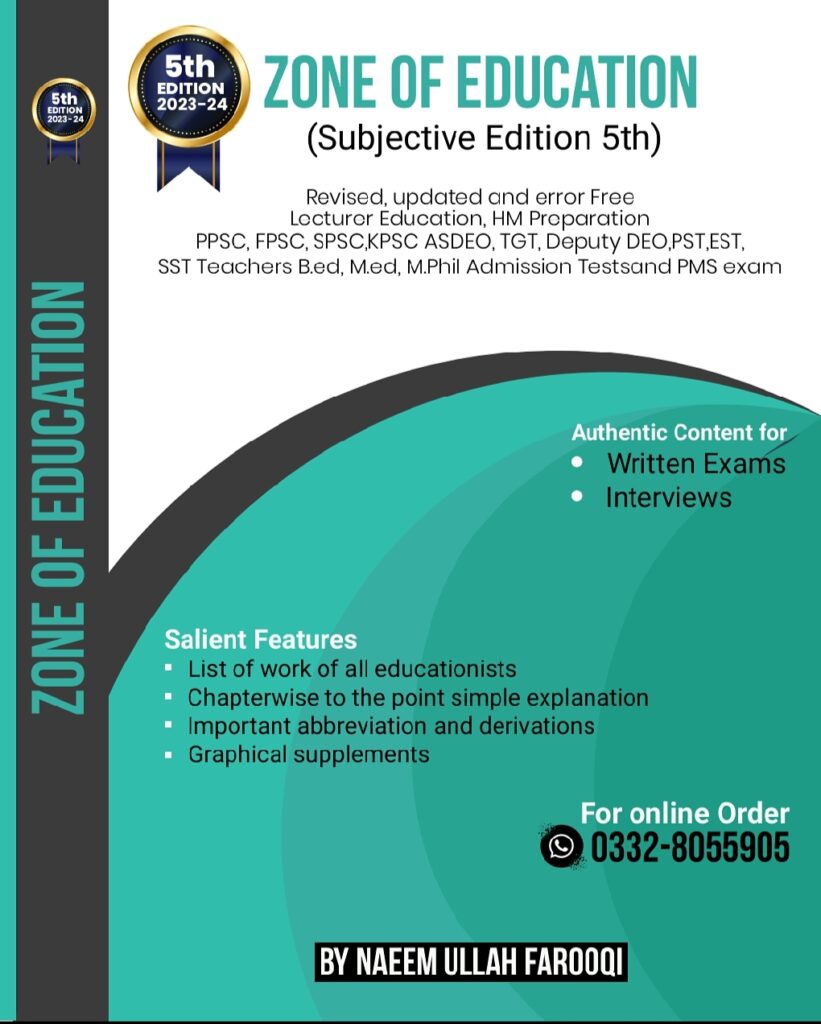Management
1.The code of ethics is being prepared by:
(a) Administration*
(b) Management
(c) Manager
(d) Society
2.Hierarchy wise the highest is:
(a) Management
(b) Administration*
(c) Syndicate
(d) Selection board
3.The thinking thing is:
(a) Administration*
(b) Management
(c) Society
(d) Manager
4.The doing thing is:
(a) Administration
(b) Management*
(c) Both a & b
(d) None of the above
5.In school, the Headmaster is a:
(a) Administrator
(b) Manager*
(c) Both a & b
(d) None of the above
6.It is a process to enable the right people to receive the right education from the right persons:
(a) Administration
(b) Management
(c) Educational Administration
(d) All of the above
7.It mobilizes, equips, and trains the workers:
(a) Management
(b) Society
(c) Syndicate
(d) Administration
8.It exercises the authority:
(a) Administration*
(b) Society
(c) Management
(d) BOS
9.A group of people working for the same task and goals is called:
(a) Administration
(b) Management
(c) BOS
(d) Organization*
10.This type of administration is more concerned with the effective and efficient use of school resources:
(a) Educational administration*
(b) Management
(c) Syndicate
(d) BOS
11.Its main purpose is to deal with public affairs:
(a) Syndicate
(b) Management
(c) Syndicate
(d) General administration*
12.This process of administration comprises several major steps:
(a) Management
(b) Administrative process*
(c) Both a & b
(d) None of the above
13.The thought process of selecting a logical choice from among the available options is called:
(a) Decision making*
(b) Planning
(c) Organizing
(d) Communication
14.It is concerned with what to do and how to do it:
(a) Decision making
(b) Planning*
(c) Organizing
(d) Communication
15.It is an intellectual activity that determines a plan of action for future needs:
(a) Decision making
(b) Planning*
(c) Organizing
(d) Communication
16.The allotment of duties and responsibilities is called:
(a) Decision making
(b) Planning
(c) Organizing*
(d) Communication
17.Making optimum use of the resources required to enable the successful carrying out of plans is called:
(a) Decision making
(b) Planning
(c) Organizing*
(d) Communication
18.It is a process by which directing information, ideas, explanations, and questions are transmitted from person to person and group to group:
(a) Decision making
(b) Planning
(c) Organizing
(d) Communication*
19.A communication from junior to senior, from subordinate to officer is called:
(a) Communication
(b) Upward communication*
(c) Horizontal communication
(d) Downward communication
20.A communication that runs along the same level is called:
(a) Communication
(b) Upward communication
(c) Horizontal communication*
(d) Downward communication
21.Conversation between colleagues at the same level is called:
(a) Communication
(b) Upward communication
(c) Horizontal communication*
(d) Downward communication
22.Flow of communication from senior officers to juniors is called:
(a) Communication
(b) Upward communication
(c) Horizontal communication
(d) Downward communication
23.Interrelating the various parts of the work is called:
(a) Coordinating
(b) Influencing
(c) Planning
(d) Organizing
24.Bringing people and things into appropriate relationships is called:
(a) Influencing
(b) Organizing
(c) Coordination
(d) Planning
25.Making a judgment or decision about worth, value, or standard is called:
(a) Communication
(b) Evaluation*
(c) Coordination
(d) Influencing
26.A highly organized unity of groups with clearly defined objectives is called:
(a) Organization*
(b) Syndicate
(c) BOS
(d) BASR
27.Critical examining is called:
(a) Supervision
(b) Inspection*
(c) Planning
(d) Organizing
29.Participative management style is associated with:
(a) Theory X
(b) Theory Y*
(c) Theory Z
(d) B
30.Theory Y is considered:
(a) Autocratic
(b) Democratic*
(c) Laissez-faire
(d) All of them
JOIN ZONE OF EDUCATIONPK!
Discover the most comprehensive and reliable pedagogy resources in Pakistan, curated for competitive exam success. Our content covers all competitive exam MCQs, including PPSC, FPSC, AJKPSC, SPSC, and more. Designed to empower learners with top-notch material and insights, trust us for your preparation journey!


